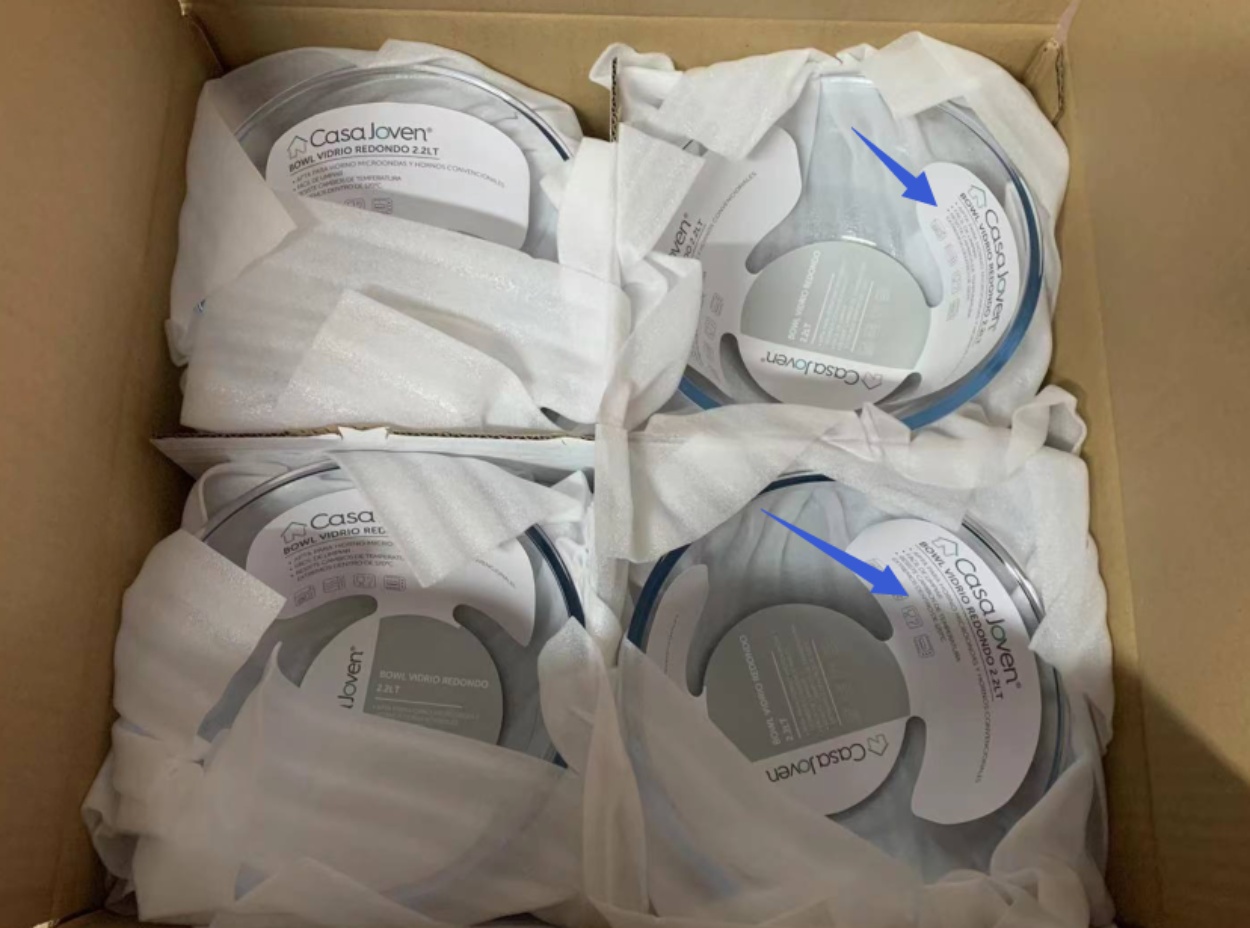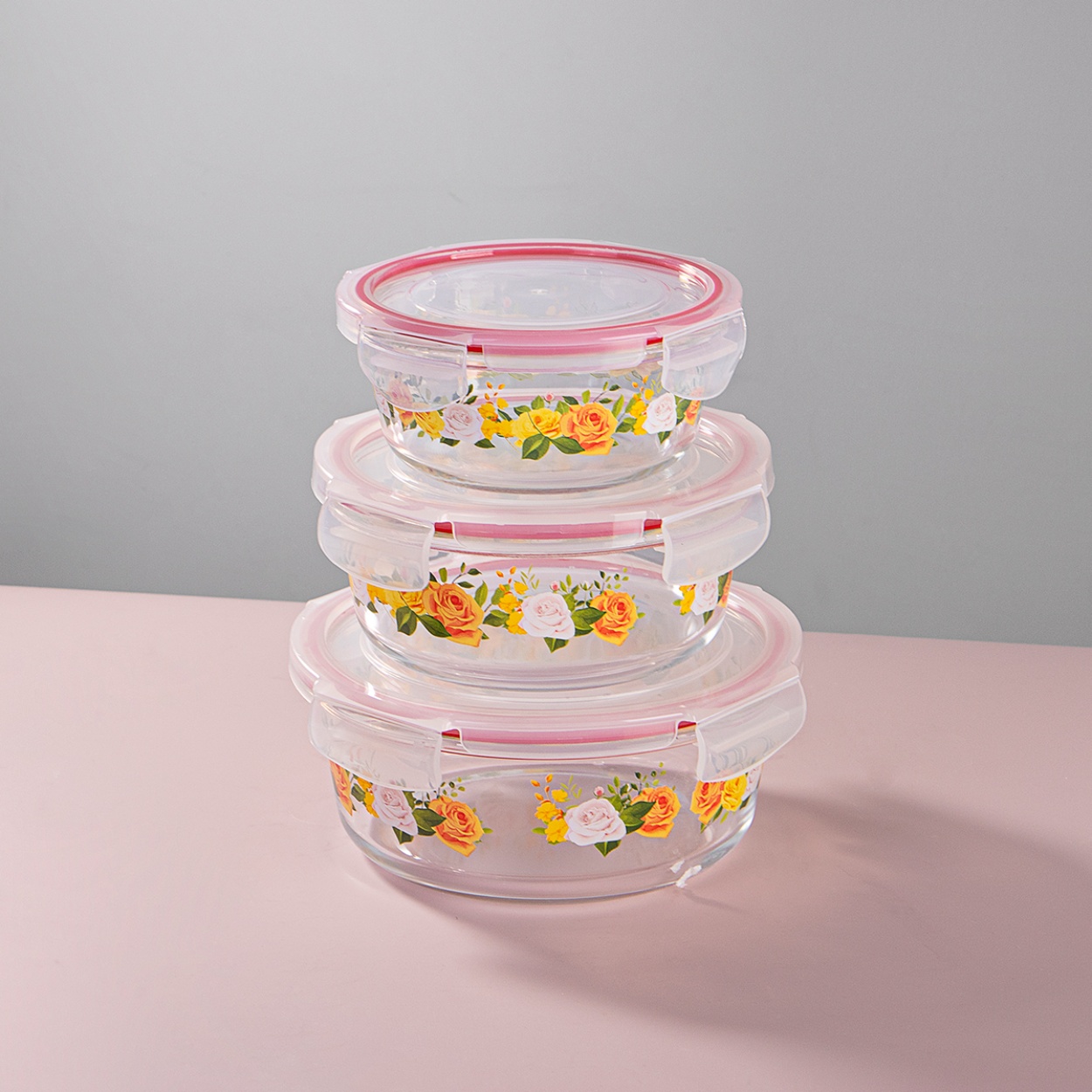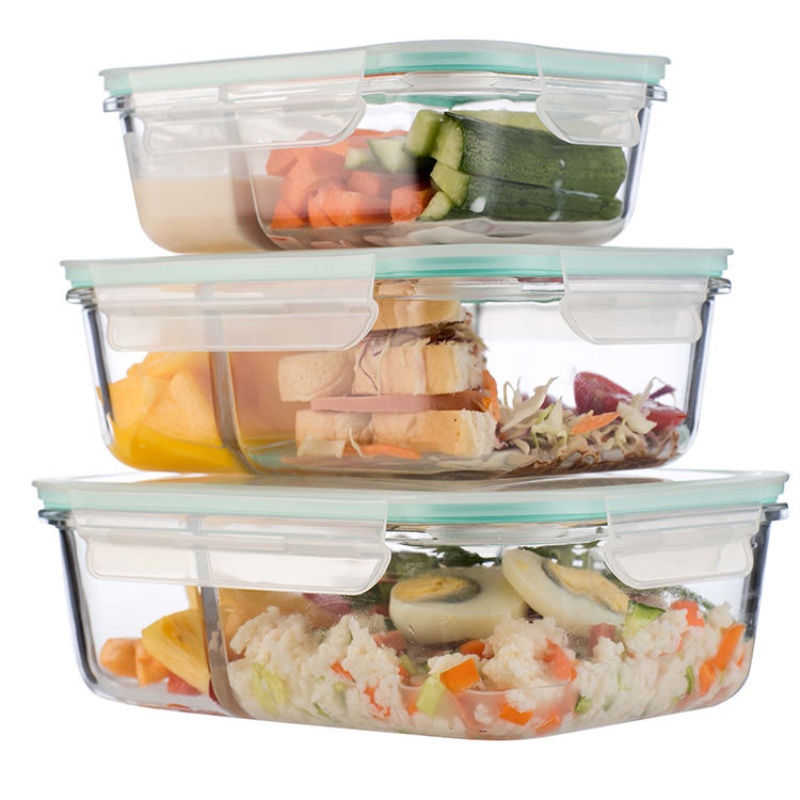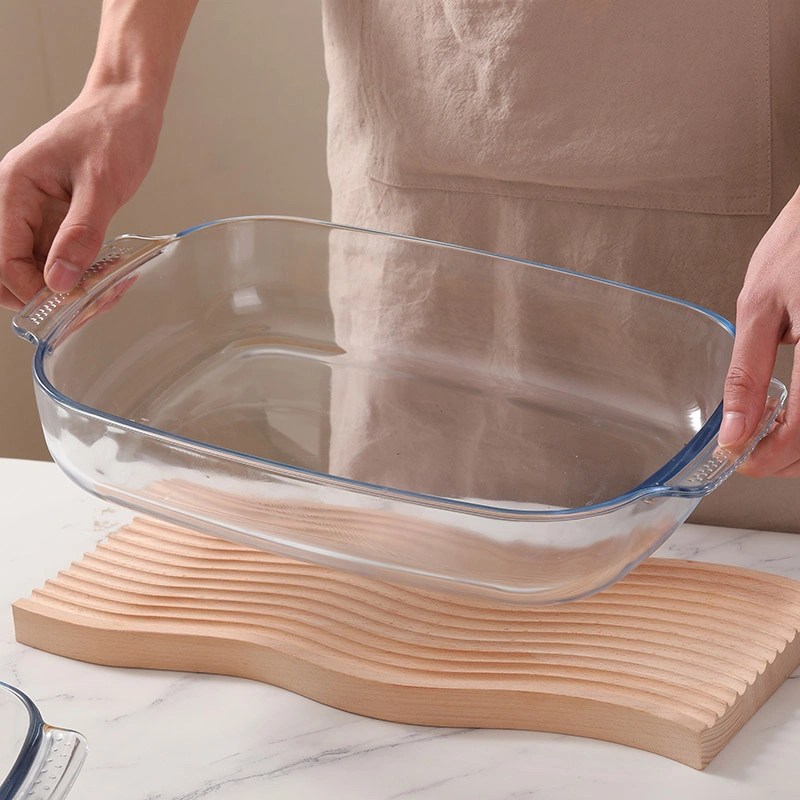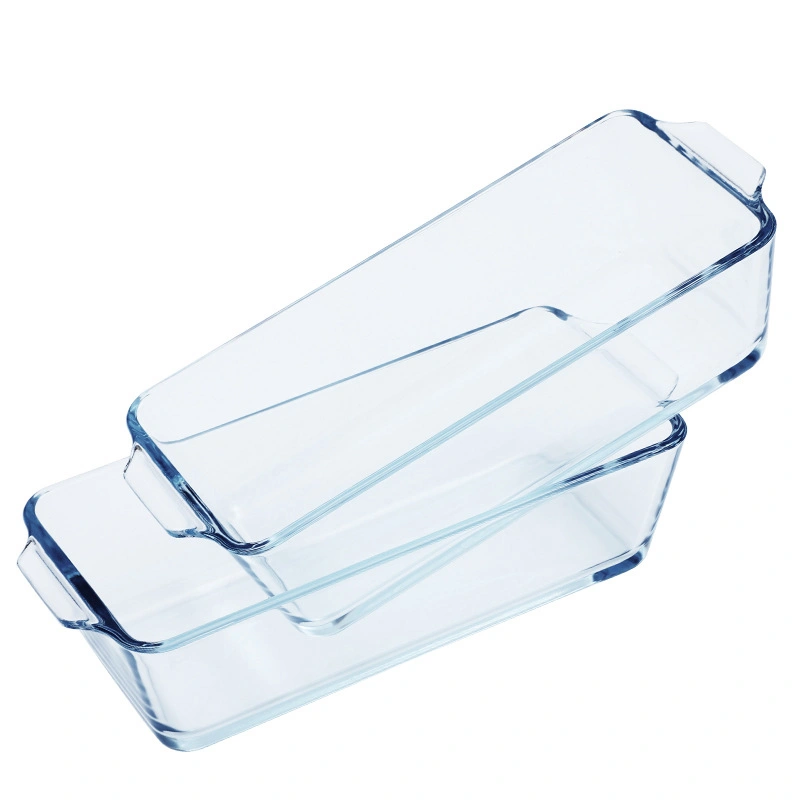The Ultimate Guide to Packing Glass for Shipping
Table of Contents

Paul Ren
Hello! I’m Paul, the Senior Sales of Canzo Glassware. With 18 years of experience in the glassware industry, I’m excited to share some insights from our perspective as a China glassware manufacturer. Today, we’re diving into a common question: How to pack glassware for shipping?
Shipping glass items requires careful preparation to ensure they arrive intact. From individual wrapping techniques to choosing the right box and void fillers, each step plays a crucial role in protecting fragile items. This guide provides detailed insights into preparing, packing, and shipping glassware effectively.
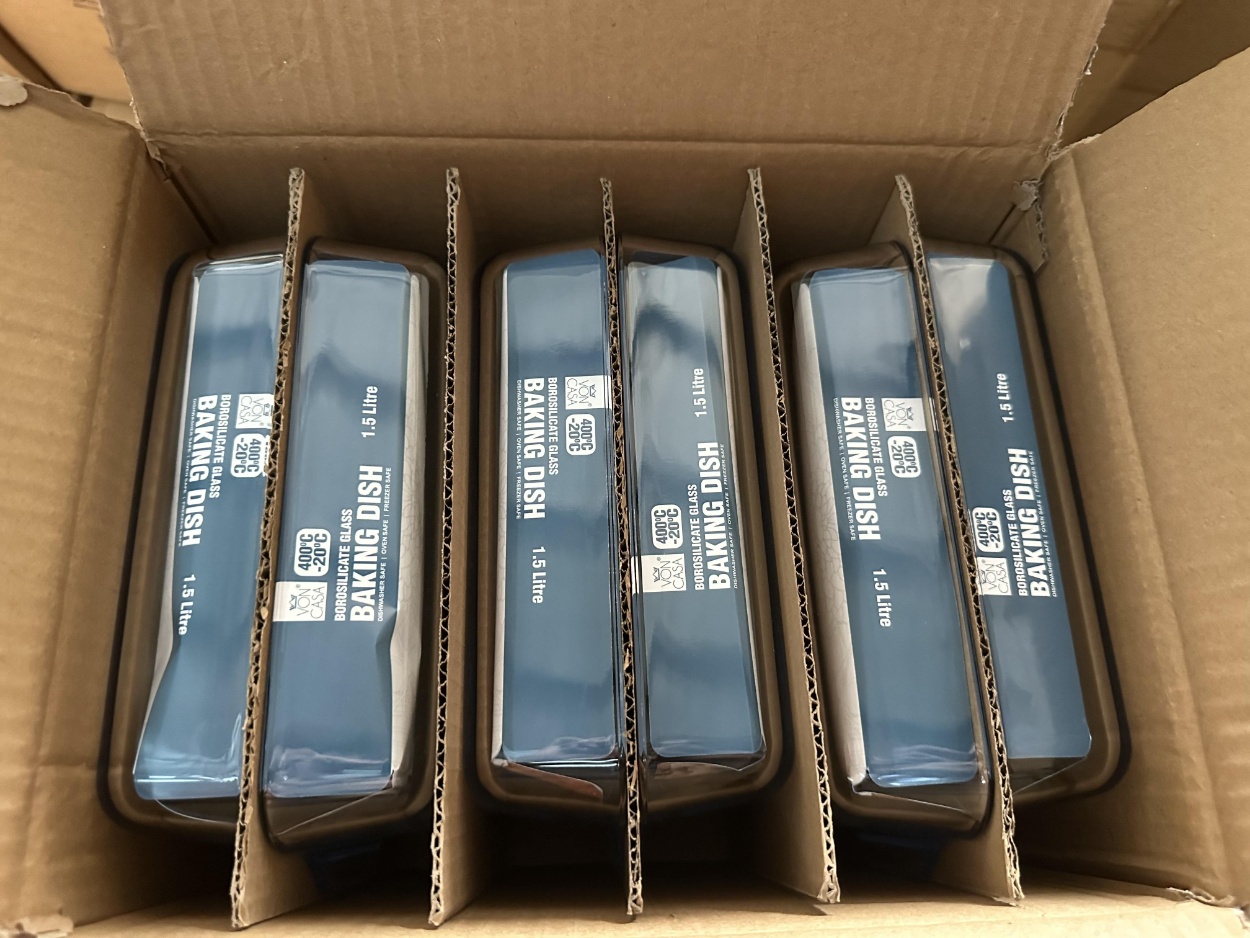
Preparing Glass Items for Shipping
Packing glass starts with proper preparation. Each glass item should be wrapped individually to avoid scratches or breakage during transit. Start by wrapping the glass in paper for a base layer, then follow up with at least three layers of bubble wrap for extra cushioning.
Alternatively, using boxes with custom inserts can simplify the process. For instance, we’ve designed inserts for glass food storage containers and nail polish bottles that fit securely into custom-cut spaces. Inserts come in various materials:
- Paper Inserts: Ideal for lightweight, small glassware.
- Corrugated Cardboard Inserts: Provide more protection, suitable for medium-sized items.
- Foam Inserts: The most shock-absorbent option for heavier or fragile glass. While effective, foam isn’t as eco-friendly and lacks printable surfaces for branding.
Choosing Void Fillers and Shipping Boxes
After wrapping your glassware, it’s time to select the right shipping box and void fillers. A sturdy corrugated box is essential, with at least 5cm (2 inches) of space between the items and the box walls. This gap is filled with materials like packing peanuts or air pillows, which cushion the glass and prevent movement.
Here’s our method:
- Place at least 5cm of void filler at the box’s base.
- Add the wrapped glass items.
- Fill remaining gaps with extra void filler, ensuring about 10-15% overfill for snug packing.
- Secure the box flaps with packing tape and label the box with a “Fragile” sticker for visibility.
Corrugated boxes are a solid choice, as their thickness and layers provide shock absorption. Choose a thickness that matches the weight and fragility of your items.
Packing Multiple Glass Items
Shipping multiple pieces in one box is possible if the total weight is under 2.3kg (5lbs). Wrap each item individually and use corrugated dividers to separate them. Distribute the weight evenly within the box to minimize shifting during transit.
For heavier items, we recommend packing each glass piece in its own box. Extremely heavy items, over 4.5kg (10lbs), are best packed using a box-in-box method. This involves placing the wrapped glass in a smaller box, which is then packed into a larger box filled with void filler.
Shipping Glass Safely
Once your items are packed securely, standard postal services often suffice for delivery. However, for valuable or delicate glassware, consider these extra precautions:
- Opt for fragile or special handling services if available.
- Invest in shipping insurance for high-value items.
- Add universally recognized handling symbols on the shipping box to guide couriers.
Conclusion
Packing glass for shipping may seem daunting, but with the right materials and techniques, you can ensure your items arrive in perfect condition. From selecting protective inserts to using sturdy boxes and void fillers, every step matters. Follow our guide to make your shipping process smoother and stress-free.
Newest Blog

Is Glass Safe In The Oven?
Whether you’re a home cook or a business owner sourcing from a glass lunch box factory, understanding the nuances of oven-safe glass is crucial. We’ll explore the world of durable and reliable custom glass food container options, ensuring you make informed decisions.
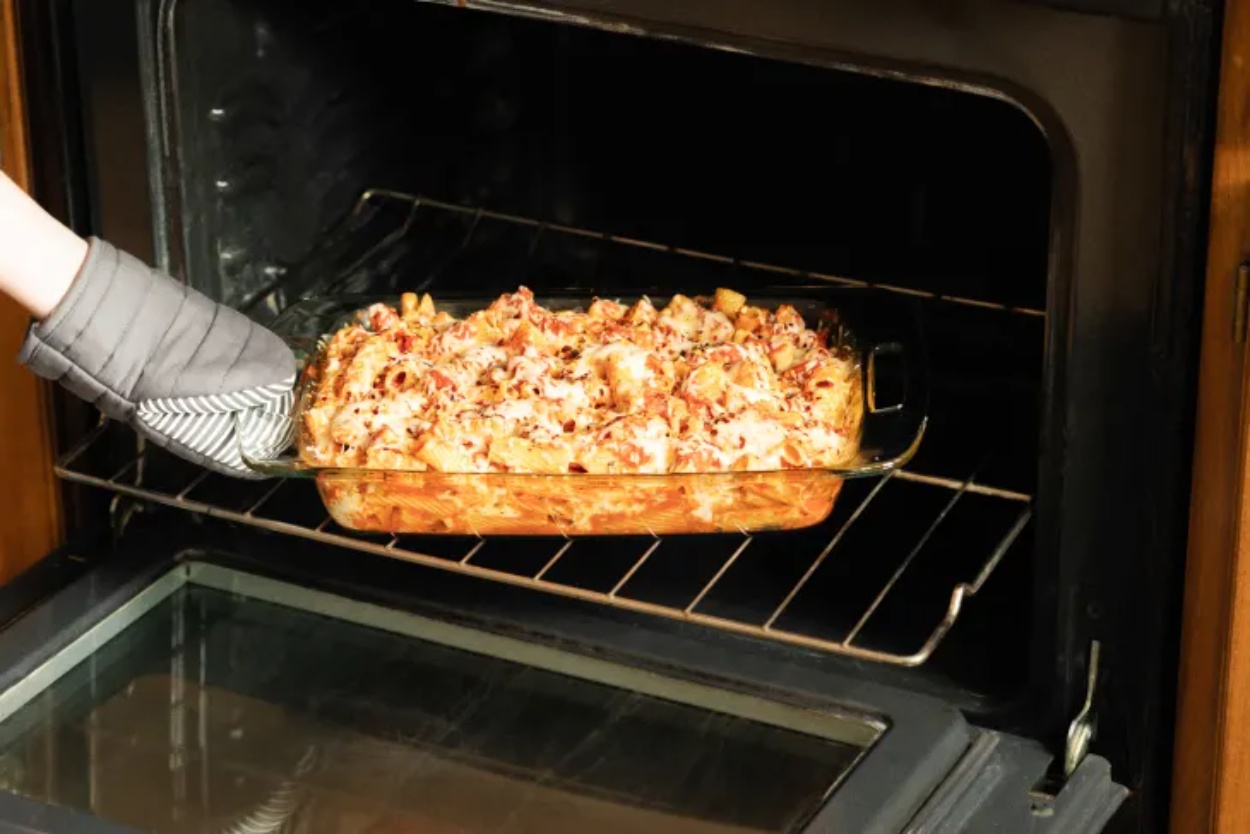
Can You Put Glass In The Oven?
We’ll explore why choosing the right type of glass, particularly from a reliable China glassware factory, is so important, especially if you’re looking for custom glass food storage containers or even a glass lunch box factory.
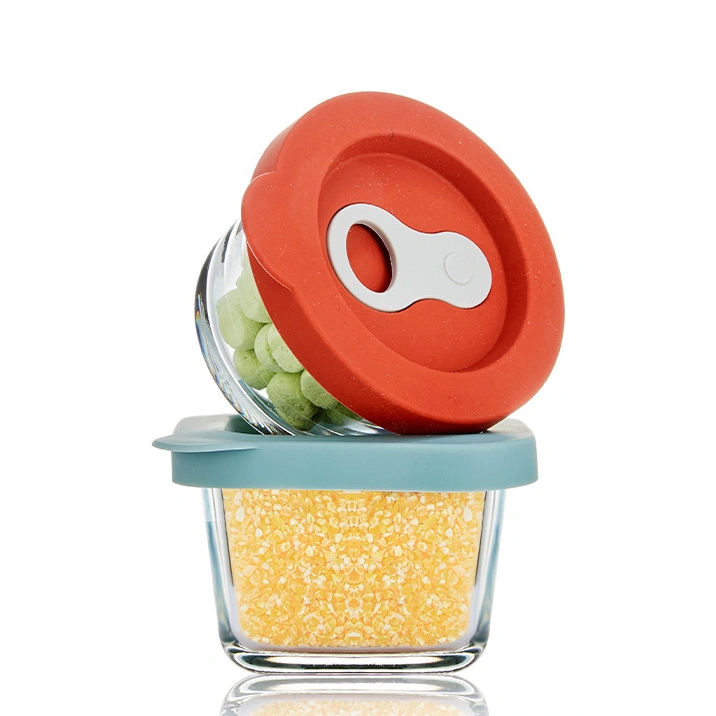
What To Do With Small Glass Containers?
From baby food meal prep, storing leftovers to organizing your craft supplies, small glass containers are super handy!

